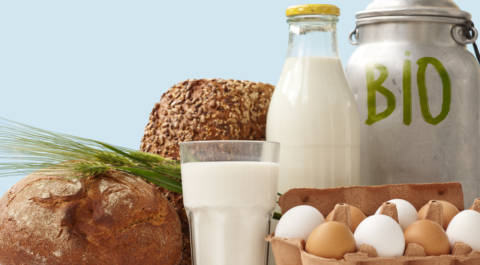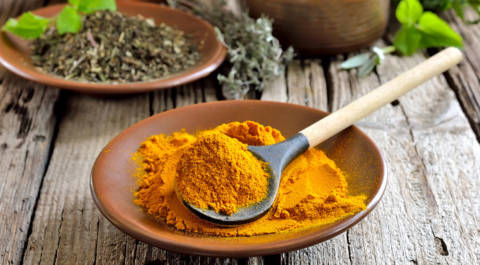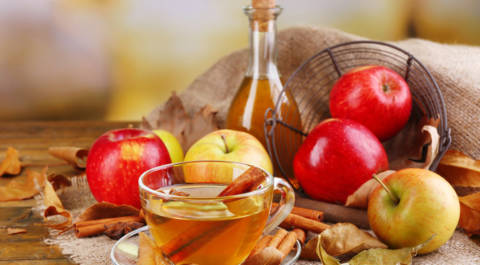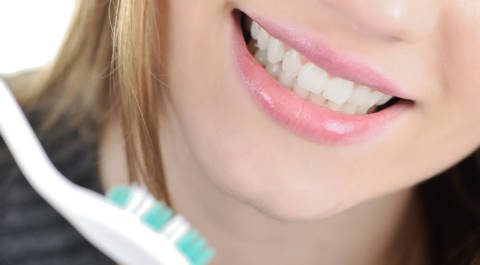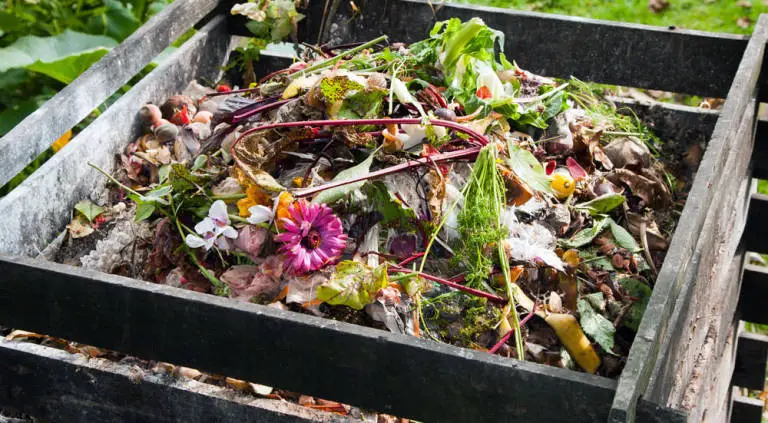
Composting offers a number of benefits – some of them economical, some of them environmental – but above all, it offers an easy way to turn that tiny vegetable garden into a cornucopia of delicious and healthy food. There are a number of ways to start composting, as well as a few things you’ll want to avoid. Just remember: the sooner you start, the sooner you can put that compost to work!
Like Organic Soul on Facebook
So, why compost?
1. Composting Enriches The Soil
When you toss your food waste into a pile, add some worms, and allow those flies to get at it, you’re essentially creating dirt. This isn’t any normal dirt, however. Called humus, this dark, soil-like and earthy smelling material is rich with nutrients. This will help your regular soil retain moisture, suppress diseases, combat pests, and, perhaps most importantly, enjoy superior nutrients. After mixing it in or laying the compost as top soil, within days you’ll start new notice new plant growth.
2. Cleans Up Contaminated Soil
Composting can even help break down semi-volatile and volatile organic compounds (VOCs), which include “heating fuels, polyaromatic hydrocarbons (PAHs), and explosives.” It even binds to heavy metals, helping prevent migration to water supplies and absorption by plants.
3. Reduce Waste And Curb Greenhouse Gases
A key thing to remember is that with your food in a compost pile, it’s not ending up in a landfill, where chemicals will prevent any benefits it would otherwise have. The sunshine won’t reach it, it won’t be regularly turned to increase oxygen, and it will never be used for a garden. In fact, the process it goes through will be one that is anaerobic (which, just like our anaerobic energy system, means ‘lack of oxygen’). This creates methane gas, a major greenhouse gas.
That said, composting offers a way to decrease landfill waste and greenhouse gases.
4. Help Prevent Pollution And Erosion
In conjunction with the above benefit, proper use of compost can also prevent rapid soil erosion and turf loss. Placing it on the edges or embankments of creeks, streams, lakes, and river also helps preventing silting (i.e. the production of sand). It even helps prevent pollutants in storm runoff from reaching sources of water by retaining more moisture. Done right, composting can work as a serious agent for environmental good.
5. Saves Money
If you’re composting, you’re not buying chemical fertilizers – saving you money. Furthermore, with most moisture organically contained, you won’t have to water you garden as much- saving you money. For all intents and purposes, compost is a market commodity, and you can pay a hefty price for a fresh bag at your local garden supply store. But why do that when you can make it yourself and save more money? Besides, artificial soil amendments are just that: artificial. If you’re looking to have a truly organic garden, make sure everything you put into it is organic and naturally nutrient-laden. Plus, when you have a large, healthy garden, you can save money on food costs. Doesn't saving feel good?
6. Grow Lush Gardens
Trust us – composting will help promote a lush garden. With the benefits already discussed, plant growth is promoted at a whole other level than if one were to simply water daily. The humus provides plants of all types – whether they be vegetables or flowers – with everything they need to grow to their full potential. This organic fertilizers means you’ll be literally returning to the earth exactly what was taken out!
7. Composting Is Easy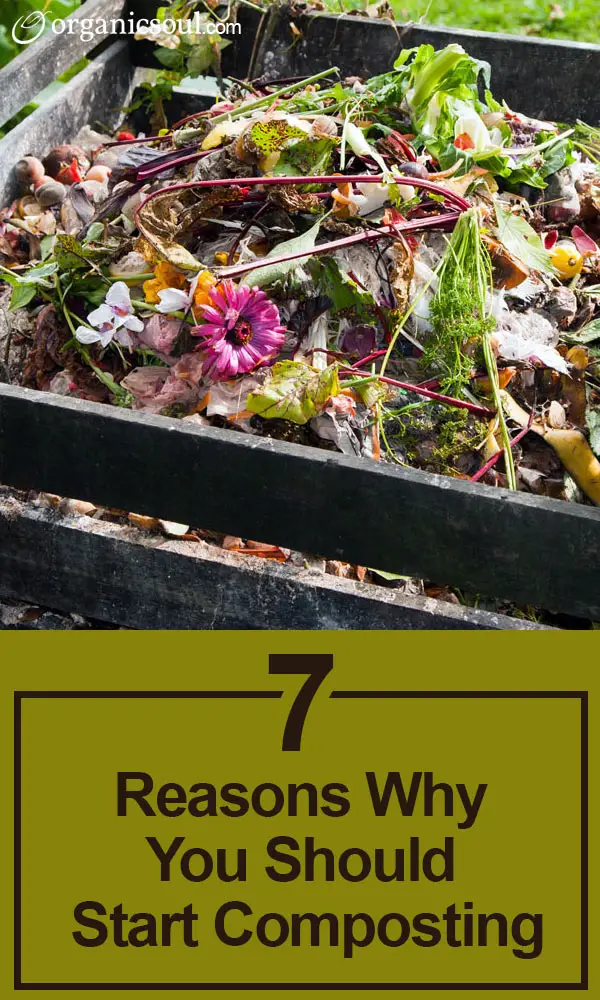
Above all, composting is easy! Set up a place in your yard – maybe a small square, guarded by chicken wire, or a solar compost bin. The latter is pretty easy to set up; get an old barrel of some kind, make an open flap on the top, cut a window (then cover with a clear plastic [maybe recycled 2-liters stretched out]), and place it on a stand that allows it to lie horizontally and allows for you tospin it. This will make an easy way to ensure sunlight and oxygen, and it lets you simply pick up the barrel and spread it around through the top.
Another tip is to diversify your compost: include lawn clippings, kitchen waste, leaves, straw, woodchips, and sawdust. A rich mix of this will promote a quicker breakdown and more well-rounded pool of nutrients.
Good luck and happy composting!


